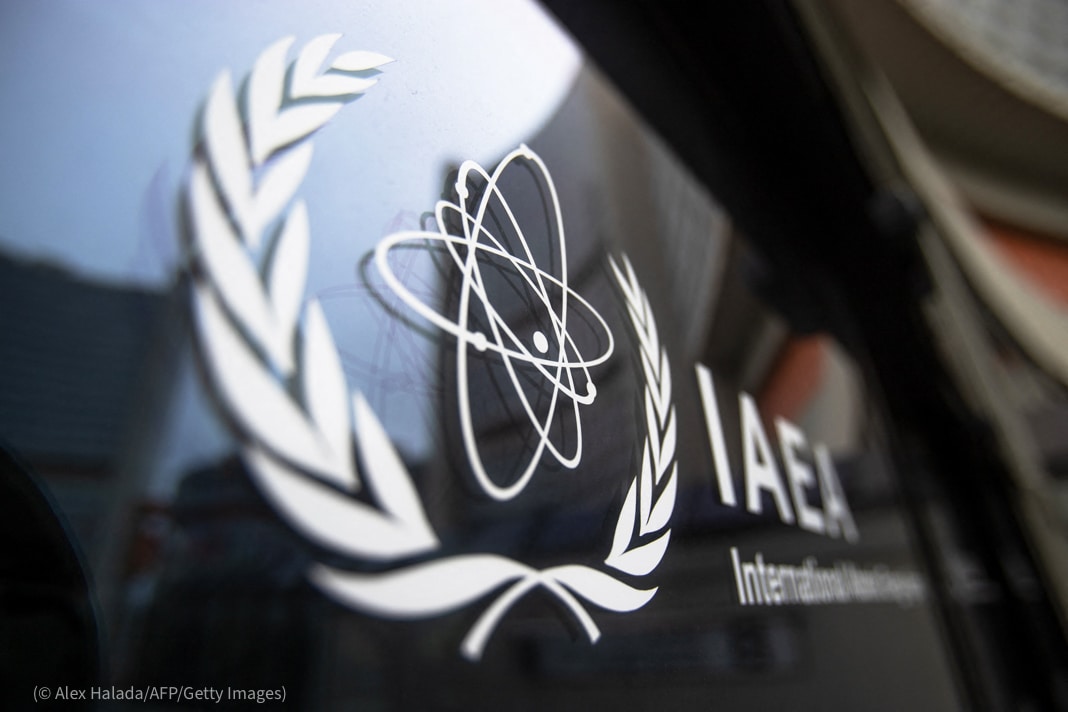At the first review conference of the Amendment to the Convention on the Physical Protection of Nuclear Material (A/CPPNM) March 28–April 1 in Vienna, the United States and other parties were working to reduce risks from offenses related to nuclear material and facilities used for peaceful purposes, such as theft, smuggling or sabotage.
U.S. Under Secretary of State for Arms Control and International Security Bonnie Jenkins told the conference March 28 that as the need for nuclear power and technology continues to accelerate, nations must be cognizant of the evolving challenges that threaten the security of nuclear materials and facilities.
“We are here today because we recognize that all states benefit from strong global nuclear security, because an act of nuclear terrorism anywhere will have grave consequences for all,” Jenkins said. “Our mission here this week is critical and relevant.”
Strengthening Nuclear Security

The A/CPPNM requires that parties set standards to protect nuclear material. The original convention took effect in 1987 and addressed the protection of civil nuclear material during international transport. The 2005 amendment expanded the convention’s scope to cover physical protection of nuclear facilities and nuclear material in domestic use, storage and transport and expanded the list of offenses that parties must criminalize to include smuggling and sabotage.
At the A/CPPNM review conference in Vienna, parties are sharing best practices, lessons learned and challenges in protecting civil nuclear material. The CPPNM has 164 parties and 129 of those are parties to the amendment, with Brazil being the most recent to ratify.
On May 8, 2021, the five-year anniversary of the amendment’s entry into force, International Atomic Energy Agency (IAEA) Director General Rafael Mariano Grossi called for more countries to become parties to the convention, saying universal adherence would harmonize approaches to preventing unauthorized handling of nuclear material.
“The Convention and its Amendment play a critical role in ensuring that the nuclear material used for peaceful purposes doesn’t get into the hands of people who may want to misuse it,” he said.
Thailand’s Resident Representative to the IAEA Ambassador Morakot Sriswasdi said in the IAEA statement that the A/CPPNM has helped Thailand strengthen its nuclear security measures. “Becoming a State Party to the Convention and its Amendment enables Thailand to foster cooperation and expand access to nuclear technology and its peaceful applications,” Sriswasdi said.
Source: share.america.gov



